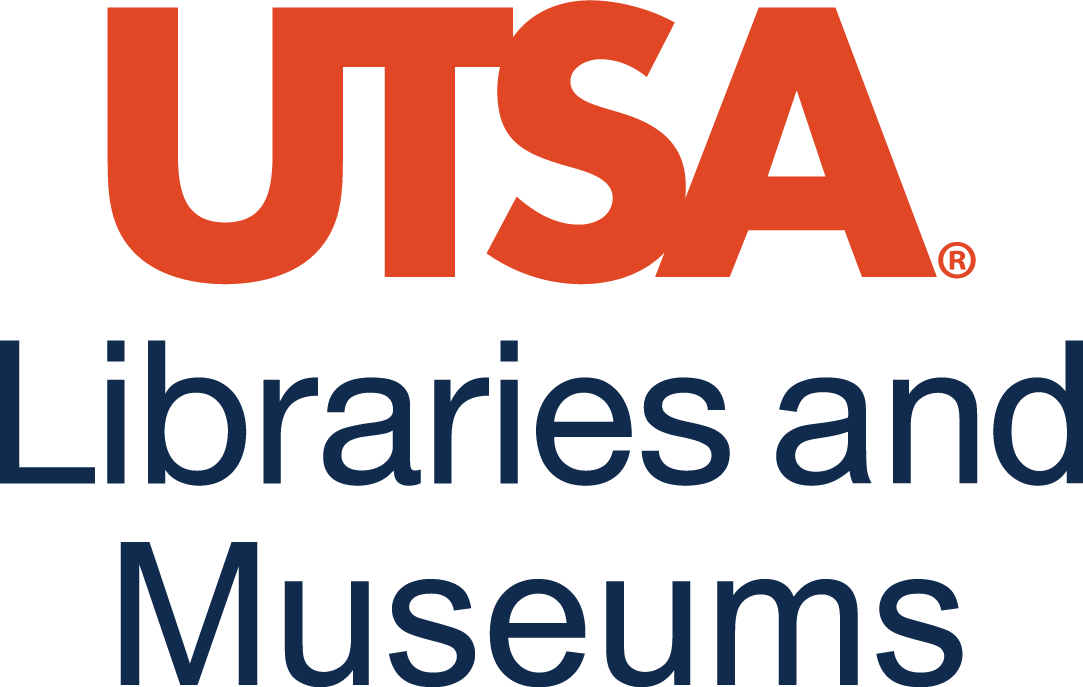13 Analysis In Writing

An analysis, or critique, is a critical examination of the someone else’s work. While a summary gives a brief explanation of the main points of a book, a chapter, an article, without offering your opinion or evaluation of that work, the analysis adds your opinion or evaluation.
The kind of analysis is determined by the assignments, and it can focus on the ideas the original author is trying to get across or it can focus on the way the author tried to convey the message. Both content and creation can be analyzed. An analysis usually starts with a summary of the original, then establishes a thesis, which tells the reader the focus of the analysis, then presents a developed and well-organized evaluation of a work. What you need to remember is to be fair and to provide evidence to support your opinion.
Over the course of college, you will encounter different types of analysis: rhetorical analysis, process analysis, and causal analysis, to name a few. Each discipline may call it something different, but the method of analysis will be familiar. Remember, an analysis is not limited to printed material. You can analyze a song, a photograph, a painting, even an entrée or dessert. We understand our world by analyzing it, so this type of assignment is supported by our natural thought processes.
Below is a student example of a rhetorical analysis of a documentary-an argument in visual form. For this assignment, students were required to analyze the documentary’s use of the elements of argument—logos, ethos, pathos, and Kairos, and determine the overall effectiveness of the film’s argument.

